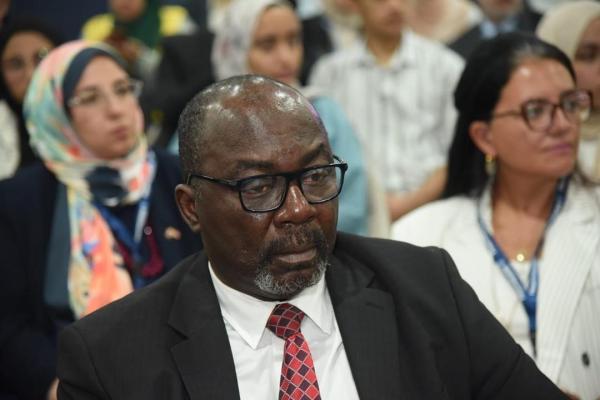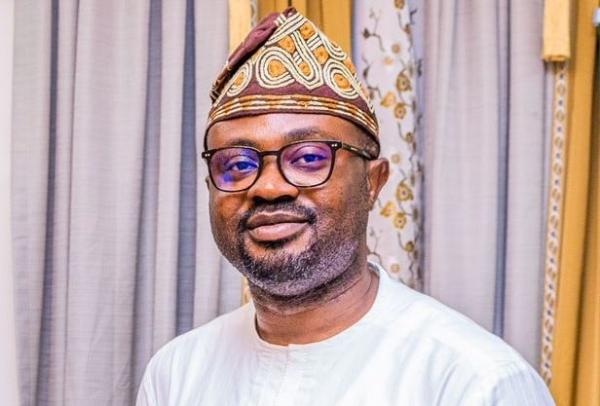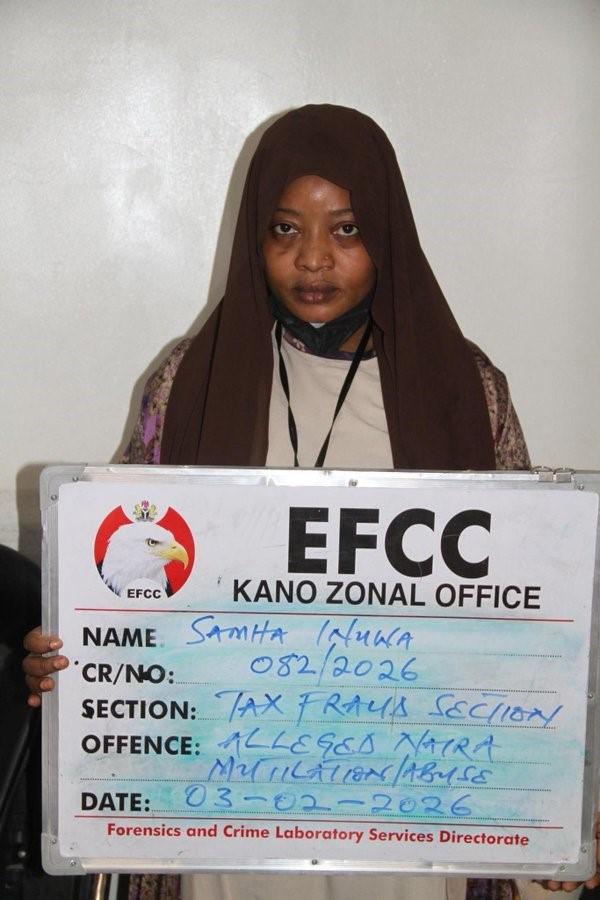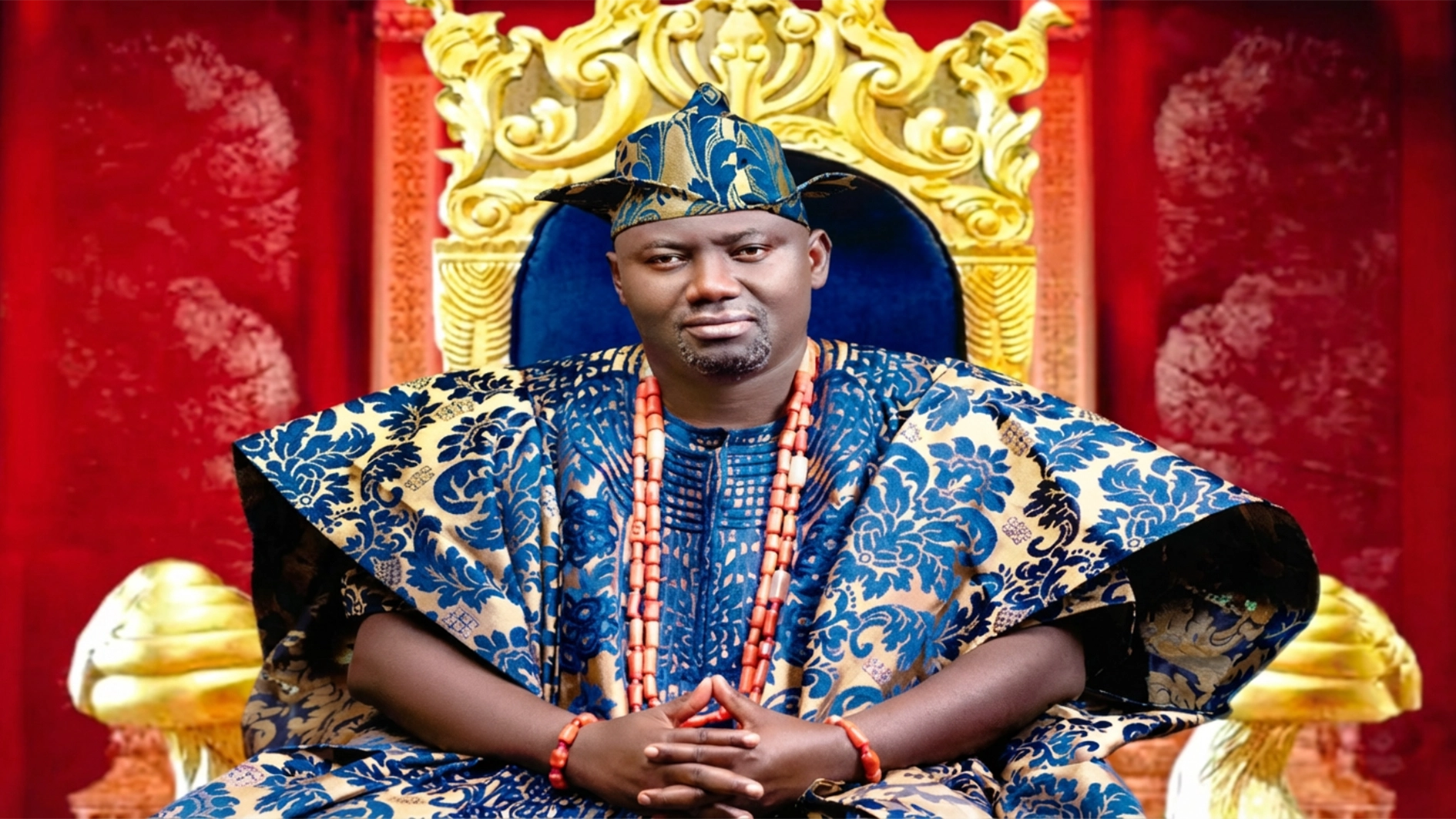
Late. Funsho Williams
A Lagos State High Court sitting in Igbosere, on Monday acquitted and discharged the six suspects standing trial over the murder of Funsho Williams.
In setting the six men free, Justice Ebenezer Adebajo ruled that the prosecution failed to establish any nexus between his death and any act of the suspects.
The judge said the evidences given by the prosecution witnesses were weak, superficial and at best, speculative.
He said, “Evidence given in respect of the offence of conspiracy to commit murder is weak and unreliable because they are superficial, they amount to speculation when given consideration. There is nothing cogent and compelling to show that any combination of the defendants has acted in furtherance of a crime.”
He also held that there were insufficient materials to infer that the six defendants conspired to murder Williams.
Williams who was a gubernatorial aspirant on the platform of the Peoples Democratic Party, was murdered in his house at No. 34A, Corporation Drive, Dolphin Estate, Ikoyi, Lagos on the night of July 27, 2006.
For eight years six men had stood trial on two counts of conspiracy to murder and murder of Williams.
They were Bulama Kolo, Musa Maina, David Cassidy, Tunani Sonani, Mustapha Kayode and Okponwasa Imariebie.
In the trial of the six, the prosecution led by the Director of the Lagos State Directorate of Public Prosecution, Mrs. Idowu Alakija, had presented six witnesses before the court.
Among them was the Lagos State Chief Forensic Pathologist, Professor John Obafunwa, who conducted an autopsy on the corpse and told the court on April 16, 2014 that Williams died of asphyxia resulting from manual strangulation.
Another witness, Mr. Abasi Nseh Udoe, an Assistant Superintendent of Police, had on May 14, 2014 told the court that the mobile phone of the deceased was recovered from the first defendant, Bulama Kolo.
Udoe told the court that the fourth, fifth and sixth defendants were security men responsible for the protection of the life and properties of the deceased. Alakija had urged the court to convict the accused having failed in their responsibilities.
Udoe further told the court that forensic analysis revealed that a blood-stained shirt recovered from the murder scene belonged to the sixth defendant, Okponwasa Imariebie.
Another witness, CSP Shehu Sanni Wazo, of the Nigerian Police Forensic Department, had tendered before the court a knife, a rope, a mattress and a cushion as items recovered from the murder scene. The court had on May 16, 2014 admitted the items as exhibits.
However, upon the closure of the prosecution’s case on May 16, 2014, the defence had responded by filing a no-case application.
In the no-case application, the defence led by Mr. Agbara Okezie, had argued that the totality of evidences given by the prosecution witnesses had established no nexus between the accused and the death of the deceased.
Okezie had argued that the evidences were only circumstantial, not compelling and not resistible enough to be relied upon by the court.
He had then prayed the court to throw out the case and discharge the defendants as they were not guilty of the offences leveled against them.
On Monday, Justice Adebajo ruled on the no-case application filed by the defence.
The judge threw out the case and discharged the six defendants.
Adebajo held that the witness, Udoe failed to prove that the Samsung phone recovered from the first defendant actually belonged to late Williams.
He added that he failed to trace the call log and name the service provider.
He held that though Obafunwa testified that Williams died as a result of strangulation, the pathologist did not link any of the six accused to the action.
He said, “It is noteworthy to state that the Chief Medical Pathologist of the state in his evidence stated clearly that the deceased was killed by strangulation. The dagger and the rope were distraction. The evidence of the pathologist, PW3, clearly established the cause of death. The prosecution did not make any effort to tie the cause of death to the action of any individual or set of defendants.
“I am satisfied that the deceased has been shown to have died, but it remains at large after the conclusion of prosecution’s case as to the person or persons who caused his death. The pathologist who said the deceased died by strangulation did not allude to any of the defendants having carried out the act; he was never asked.”
The judge ruled that the evidences given before the court by the defence were not cogent, not compelling, weak, superficial and speculative.
He said there was absolutely nothing to suggest that the death of the deceased was caused by an act of any of the defendants.
“The defendants are discharged and acquitted and the case is dismissed.” Adebajo ruled.






















